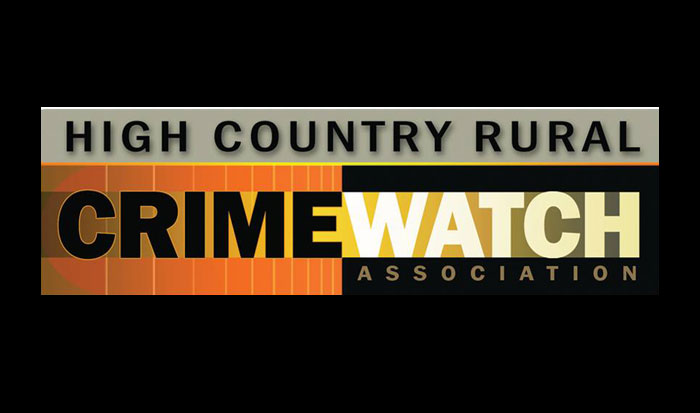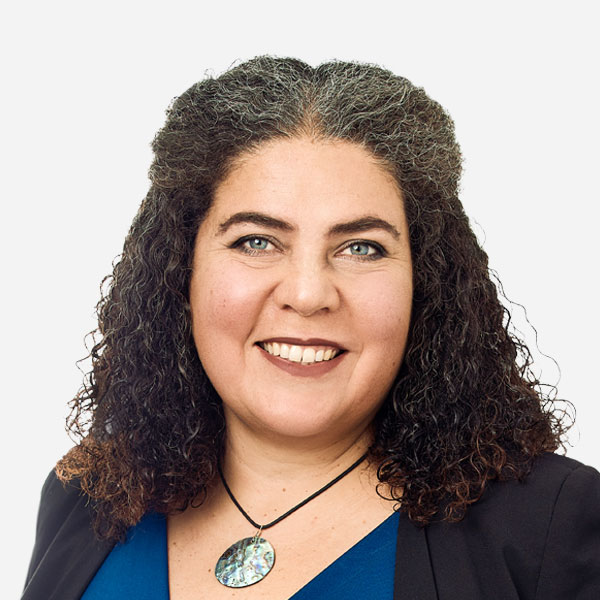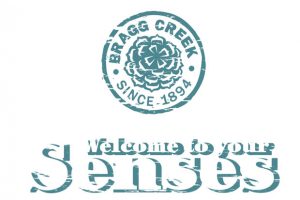Your Greatest Threat?
The threat can come to you through the front door, through your computer, via the mail, and through your phone. I don’t really like writing about fraud because I know it’s probably not something you want to read, but it is very prevalent, growing and more likely to happen to you than ever. Fraud, including scams, has been identified as the top crime committed in Canada. It happened to my family years ago. Fortunately, the sum wasn’t large.
There is a lot of very valuable information on the two websites referenced below concerning frauds, scams and how to protect yourself. It is not “fun” reading but taking a half hour or so to review and get educated is a lot more “fun” than having to read the section on “Reporting fraud” or “What to do if you’re victim”.
The Government of Canada anti-fraud web site states that as of October 31, 2024, there were 28,634 victims of fraud. The value of fraud transactions was $503 million up to that point. In 2023, full year numbers were 42,226 victims and $577 million. If I perform a simple extrapolation of the 2024 numbers for a full year, it comes to 35,512 victims and $670 million. Using this extrapolation method, the number of victims annually has gone down, but the total dollar value of fraud has gone up. It should be noted that frauds often go unreported as victims don’t want to come forward for fear of looking stupid or gullible.
The Anti-fraud website is a valuable resource. It lists what scams, or types of scams, are out there. You can click on each type for further details. For example, if you click on “Bank Investigator”, you will get any special recent alerts, as well as specific short writeups on related scams and how they work. Related scams listed under Bank Investigator include Details about Dial *72 (forwards any calls to your phone to another number), Residence visits, Catch a bank employee, Unauthorized charges or compromised account, Sharing e-transfer URL, and Sharing multi-factor authentication (MFA) codes.
I counted 87 or so different categories of scams. Everything from “Romance” scams to “Initial Coin (read cryptocurrency) Offering”. (According to a cybercrime expert, Romance scams are the top dollar value scam in Canada.)
The site also includes quite a few tips on how to protect yourself, such as:
- Do not assume that phone numbers appearing on your call display are accurate. (I heard someone got a call from their own number.)
- Fraudsters will often provide the first 4 to 6 numbers of your debit or credit card (and try to get you to divulge the remaining numbers). Remember that these numbers are used to identify the card issuer and are known as the Bank Identifier Number (BIN). Most debit and credit card numbers issued by specific financial institutions begin with the same 4 to 6 numbers. (You’ll notice on receipts that only the last 4 digits are x’d out, so every time you throw out a receipt the previous 12 digits are available to anyone who finds the receipt).
- Financial institutions or online merchants will never request transferring funds to an external account for security reasons.
- Enabling Auto-Deposits for e-transfers provides an additional layer of security.
The Government of Canada fraud website (which is different from the anti-fraud website) offers these clues for identifying scams:
It may be a scam if someone:
- Demands immediate payment
- Uses threatening language
- Sends you a link and asks you to click on it
- Asks for personal or financial information
- Requests payment by cryptocurrency or gift cards
If you are in doubt, take a minute to ask yourself why you are being contacted. It’s okay to ask questions and say no.
Fraud is one area where you need to be your own policeman and your own detective. Unfortunately, that is the world we now live in. To protect yourself you will need a little bit of training (see above for resources), unceasing vigilance, and common sense.
It’s almost tax time so get ready for the tax scams. If you want to check if CRA is really trying to contact you, you can call them at 1-800-959- 8281 (Individuals) or 1-800-959-5525 (Businesses).
Dave Schroeder – HCRCWA Board Member























